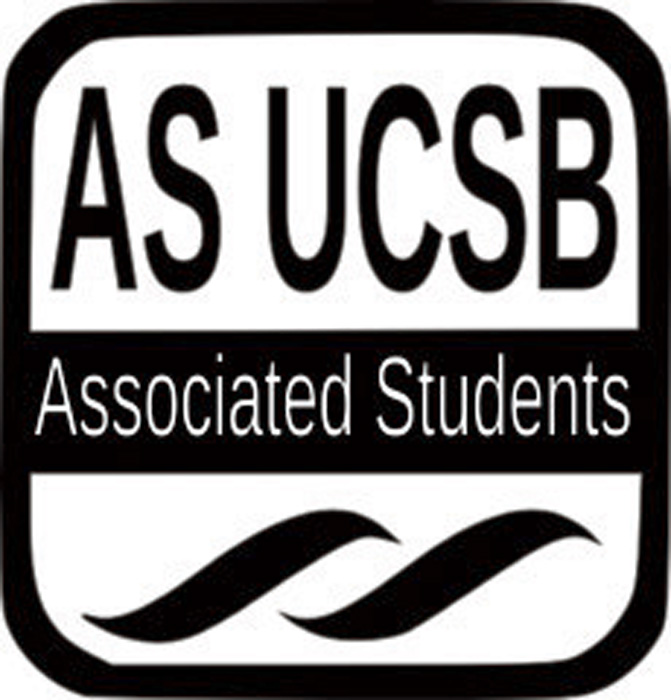
Aurash Jalalian
Staff Writer
Spring quarter brings many unique things to the oceanside campus of the University of California, Santa Barbara. Spring Insight, Deltopia and even A.S. Elections are all things that only take place during spring quarter. This year’s A.S. election is particularly special because of the sinking senator retention rate that plagued the University this past year.
In the middle of this election, students have found different ways to express their political opinions including a Facebook page that disparages students campaigning in this year’s election. The meme page exclusively targets students running for the Campus United Party. Political commentary is necessary, but this is not the best way to go about it.
The memes posted on this page are not funny but thoughtless. Political memes can be amusing and persuasive, but simply stating “This candidate is a [expletive]” or “This candidate won’t do anything” is both lazy and uncreative.
There is already plenty of criticism surrounding A.S., so there is no need to express the first thing that pops into your mind. Students with a semblance of care for the elections have already glossed over these arguments, and your memes add nothing new to the table for those who take voting seriously.
A page for political commentary is a good idea, but this is not the way to execute it.
As university students, we should hold ourselves to a higher standard than baseless ad hominem attacks. It is sophomoric and only tarnishes our school’s reputation when we carry ourselves in this manner.
Instead, we should promote coming up with valid criticism and promoting discourse as our standard for political commentary. Offering a solution — instead of sulking and making anonymous attacks on candidates — is a more productive way to draw attention away from a candidate. Memes that only offer a simple opinion with no evidence do not take attention away from that candidate and are not an apt way of satirizing an A.S. election.
The problems with political discourse are not exclusive to this memes page. We have seen examples of both good and bad political discussion between UCSB students on the Milo Yiannopoulos Facebook Event Page, but this Facebook page is purely one-sided and offers no room for discussion. In a way, this page is reminiscent of the GOP election and the egregious mudslinging by their front-runners, and that is not a proper way to conduct ourselves.
We should not stoop to that level — there is no reason for us to. These memes shine poorly upon us as academics and are strategically inept. These memes do not promote any candidate and they do not offer any sensible reasons to vote against the candidate they target.
The most important difference between the memes and the sound bites of GOP candidates is that the candidates take responsibility for their statements. These memes provide us with no useful insight because they are anonymous and the people posting them are not held accountable for the statements they make. Furthermore, if students offer astute commentary, then they (or the candidate they support) should be rewarded for the effort they put into making the university a better place.
It is not the medium of Facebook that is problematic in this equation. Anonymity is the root cause. These memes would seem absurd if they were posted with names attached to them. Barring anonymity, Facebook could actually be a useful medium to encourage students to engage in politics on campus.
For instance, we could post coverage of all official events on one page and create a centralized place for students to keep informed about the election. In the same vein, we could have students post responses and rebuttals on that page and create a positive environment for students that want to be politically involved.










